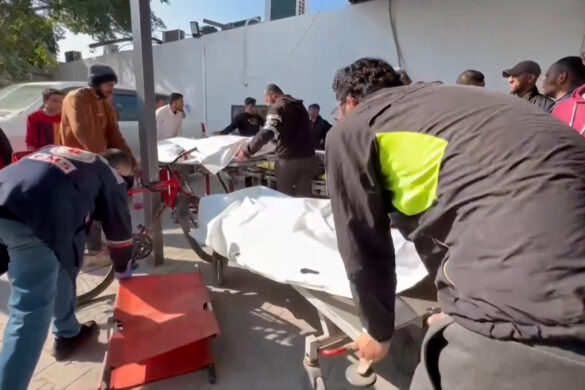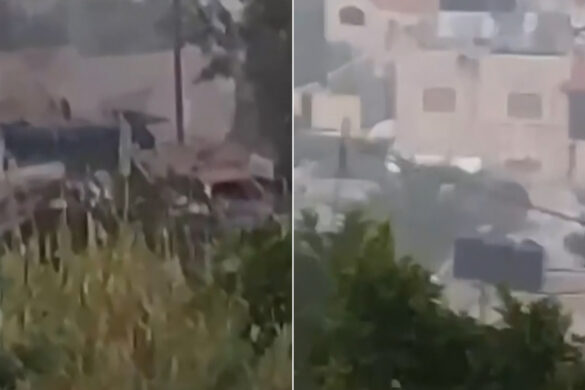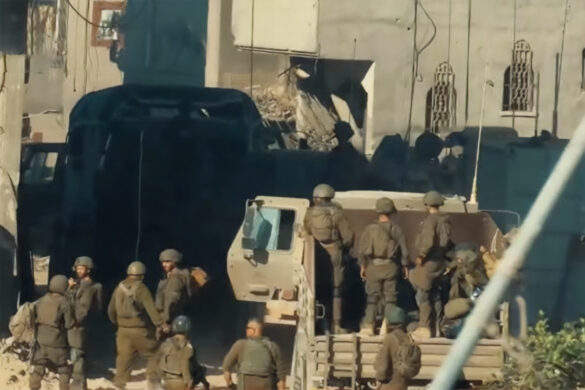On the day Hamas attacked Israel, kidney specialist Dr. Hammam Al-Louh called Dr. Tariq Loubani, a doctor based in Canada and medical director of Project Glea, a group that makes medical devices for conflict zones.
Al-Louh, 36, was looking for help in purchasing equipment for dialysis machines. He had been treating kidney patients in Gaza since 2020. Al-Lubani said that when they spoke, Al-Louh recalled a previous war in 2014, and remembered that patients died because hospitals could not obtain equipment such as dialysis machines, tubes, needles, cartridges and bags.
Al-Lubani told Reuters that Al-Louh asked about equipment that could be manufactured in Gaza using 3D printing. Unfortunately, the answer is that there is not much in the field of dialysis.
Doctors said that in 2007, when the Israeli blockade began, Gaza did not have certified kidney disease experts.
By October 2023, she had three, including the tablet. There were 1,061 patients receiving dialysis treatment in 6 hospitals, according to the World Health Organization.
A spokesman for the organization told Reuters that since the start of the war, Israel has granted permission to 153 kidney patients in Gaza to continue treatment abroad, all of whom were unable to leave.
With much dialysis equipment destroyed or damaged during the fighting, 760 patients were receiving treatment in two facilities as of April 25, the WHO spokesman said. He added that they receive only partial care there, which makes them vulnerable to diseases and their condition worsens. The remainder did not report the need for dialysis. He said they were likely dead.
Less than a month before the Hamas attack, Al-Louh attended a meeting of leaders of a program for Gaza doctors to receive specialized training in kidney diseases in Gaza instead of abroad.
Three doctors familiar with the plans told Reuters that the long-term goal is to establish a kidney transplant program. Note that organ transplants were preferred because the blockade made dialysis supplies unreliable.
Loubani recalls that the board was “thinking really big” in order to take kidney disease to global levels.
But five weeks after the nephrologist called Al-Lubani, Al-Louh was martyred in an air strike on his in-laws’ home near Al-Shifa Hospital, his relatives and colleagues said. Another kidney specialist left Gaza in January. Now, there is only one.




